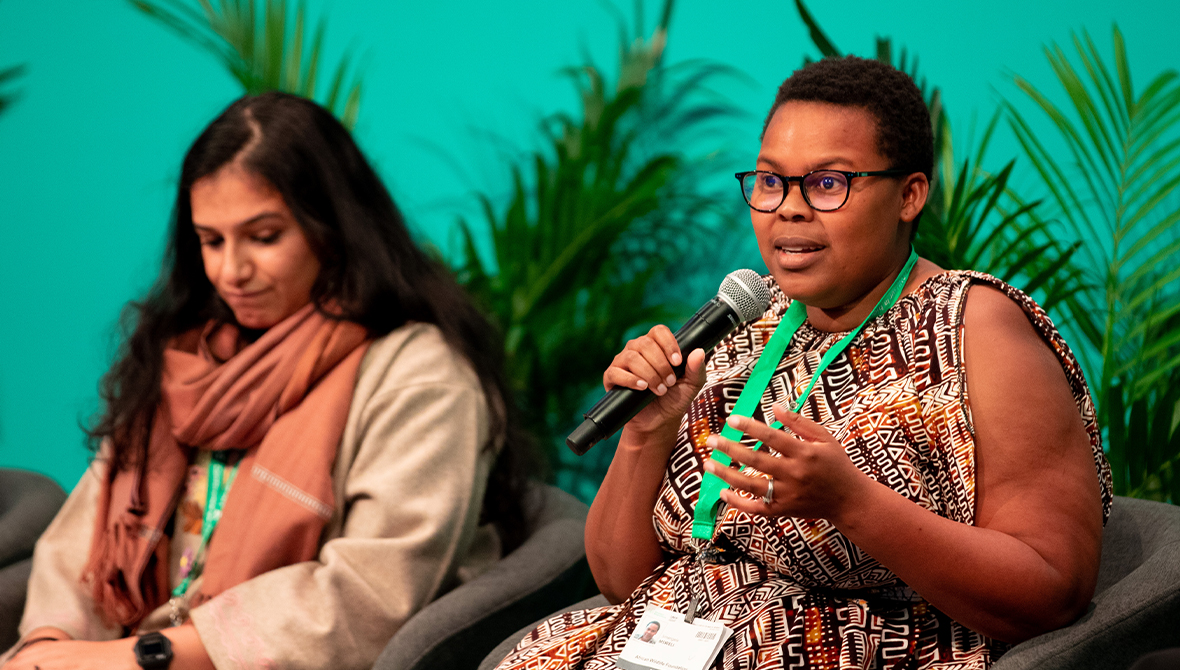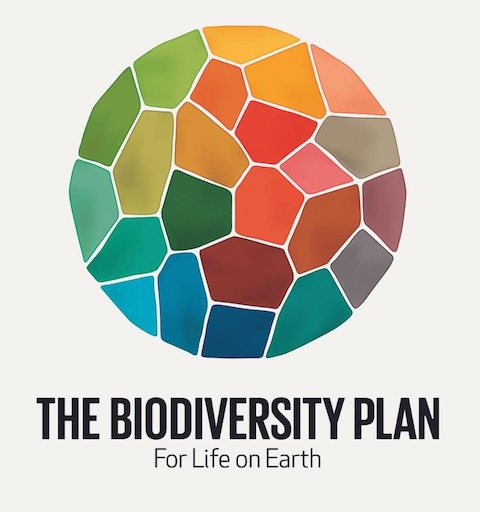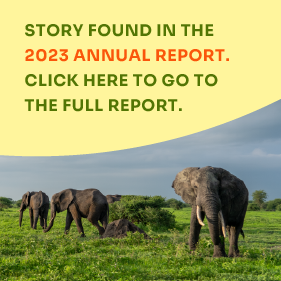From Policy to Implementation: AWF and the Global Biodiversity Framework

Simangele Msweli (pictured here) and other AWF delegates contributed to Africa's negotiating position at 2022's global biodiversity convention, CBD COP15.
The United Nations Global Biodiversity Framework (GBF) was the culmination of a four-year consultation and negotiation process between 196 countries. It is the roadmap for the world to halt and reverse biodiversity loss while supporting the achievement of the United Nations Sustainable Development Goals (SDGs). The Framework and subsequent National Biodiversity Strategies and Action Plans are shaping priority investments for governments, the private sector, and society as a whole. Among the Framework’s various financing sources is the Global Environment Facility (GEF). It is the largest global multilateral funder for biodiversity, distributing more than US $1 billion annually. In 2022, donor governments committed US $5.33 billion to the GEF for the next four years, with approximately 30% earmarked for Africa. Included in this is a new GEF-managed fund, the Global Biodiversity Framework Fund, which requires 20% of funding to be allocated directly to Indigenous people and local communities—a positive development for Africa.

To see examples of how AWF contributes towards the Global Biodiversity Framework targets, read the 2023 Annual Report.
AWF contributed to the Framework itself by supporting Africa’s representation at the negotiation table (See the Path from APAC to the Global Biodiversity Framework Timeline). We are now helping to set the course for Africa to meet the Framework’s 2030 targets. This includes ongoing policy work to inform and influence decision-makers at all levels across African society; programmatic interventions on the ground to protect, restore, and ensure the sustainable use of biodiversity; and efforts to engage agents of change, particularly the private sector, in transforming how African decision-makers value and invest in biodiversity.
The Global Biodiversity Framework (GBF) has four main goals towards a vision of living in harmony with nature, with 23 targets to meet by 2030 to ensure progress. AWF works on multiple levels to mobilize collective effort towards the targets in line with our human rights-based approach to project implementation on the ground.
One example of this is how AWF brought African business and economic planners to the table in FY23. In our policy work, we leveraged our memberships in the African Natural Capital Alliance and the Business for Nature coalition to shape stronger frameworks for business to invest in nature and climate action. The result was a more ambitious set of targets for business in the Framework and commitments from African investors to restore Africa’s natural systems as a means of addressing climate change and biodiversity loss. We also brought the conservation agenda into key business fora, profiling the role that nature plays in underpinning sustainable business practices. AWF was the only conservation organization at the Commonwealth Business Forum hosted by the Government of Rwanda in Kigali in June 2022.
On the ground, we are helping businesses be part of the solution. Examples from FY23 that are ongoing include our work in Tanzania with sugar producers and rice farmers, which is incentivizing investments in forest and wetland restoration. In Cameroon, our work with cocoa and rubber producers is protecting buffer zones and wildlife corridors. In the DRC, we are investing in micro-enterprises that lift people out of poverty and reduce the need to trade in wildlife products. This work is essential to transforming how people value and invest in nature as core to achieving development aspirations.
